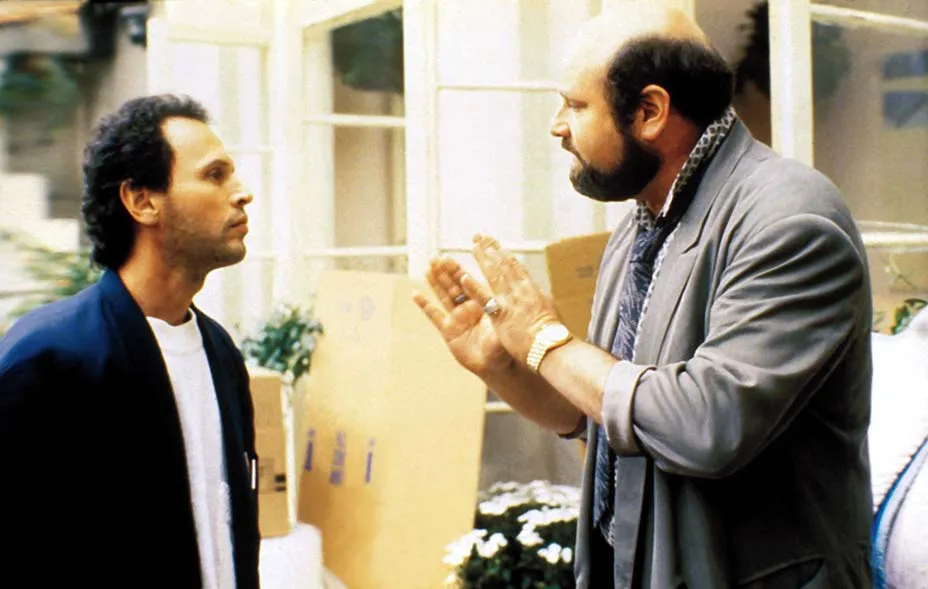
Seminar: When Harry Met Sally...
When director Rob Reiner met screenwriter Nora Ephron, a beautiful friendship between the characters they created was born on screen, only to propose the titular twosome might succumb to that old chestnut: opposites attract. Over the years and with the seasonal splendors of 1990s New York City as a backdrop, they memorably spar their way from “hate at first sight” towards “happily ever after”–revitalizing romantic comedy in the process.
In this seminar, Kyle Stevens (Appalachian State University) and Maria San Filippo (Emerson College) will bring their best “he said, she said” banter to appraise the film’s pitch-perfect blend of traditional and radical romantic comedy. Special consideration will be paid to how When Harry Met Sally… anointed Ephron romcom’s wittiest dame, cemented Meg Ryan’s star persona as “America’s Sweetheart,” and renovated the reputation of the romantic comedy, paving the way for a new golden era for the genre.
ABOUT MARIA SAN FILIPPO
Maria San Filippo is an Associate Professor of Visual and Media Arts at Emerson College. Her teaching and scholarship center on screen media's intersections with gender and sexuality, focusing on feminist and queer works of contemporary film and television. She is a two-time Lambda Literary Award-winning author of "The B Word: Bisexuality in Contemporary Film" and "Television and the Queer Film Classics volume Appropriate Behavior," as well as author of "‘Provocauteurs’ and Provocations: Screening Sex in 21st Century Media" and editor of "After ‘Happily Ever After’: Romantic Comedy in the Post-Romantic Age," both of which were 2022 BAFTSS Award finalists.
ABOUT KYLE STEVENS
Kyle Stevens is an Associate Professor of Film Studies at Appalachian State University. He is the author of "Mike Nichols: Sex, Language, and the Reinvention of Psychological Realism," editor of "The Oxford Handbook of Film Theory," and his essays have appeared in journals such as "Critical Inquiry," "Cultural Critique," "Journal of Cinema and Media Studies," "Screen," as well as several edited collections.
